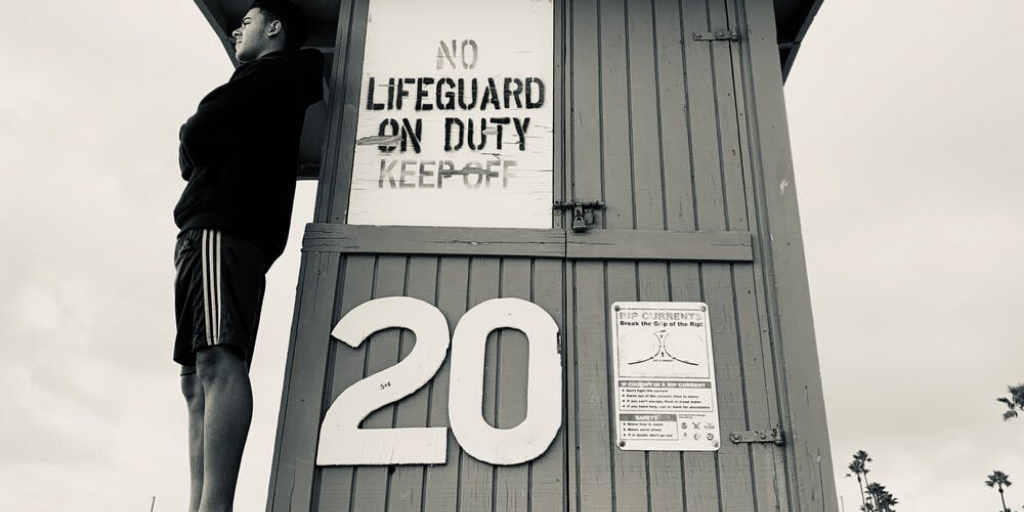Hold off
Today’s phrasal verb is to “hold off.” There are a few meanings of “hold off” but I’ll address just one of them here. In this context, “hold off” means to prevent someone from attacking you or doing you harm.
Earlier, you heard that after the London Bridge attacker was forced outside, and a group of volunteers was able to hold him off until police arrived. They were able to hold him off; they were able to stop him from continuing to do harm. We usually say “hold off” when someone is trying to attack or do harm, and you’re able to just delay it. Hold off is like, standing your ground, avoiding disaster. It’s not going on the attack. The bystanders held him off while the police were on their way. The police are the ones who went on the offensive. The bystanders, once they forced the attacker outside, were just trying to hold him off.
“I can’t hold them off much longer,” you might say. When might you say that? You might say that when someone or a group of people are really pressuring you for something and you just need to buy a little time. You just need to delay a little, so you try to hold them off. But maybe you can’t hold them off forever. You might have a crowd of angry customers at a store or restaurant and you can’t make them happy just yet. You need another half hour, so you try to hold them off that long. Otherwise, they’ll be really angry. You just try to hold them off.
In sports, we use “hold off.” I’m watching a college football game as I wrote this, and Wisconsin was leading in the second half. They just needed to hold off Ohio State for the second half, and with their 14-point lead, they would have been able to win the game. But they couldn’t hold off Ohio State; the Buckeyes scored 27 more points and won the game. All Wisconsin had to do was hold them off for the second half, but they couldn’t do it, and they lost the game.
JR’s song of the week
Today’s song of the week from JR is “Vienna” by Billy Joel. The line I like from that song is, “You can get what you want, or you just get old.” Billy Joel is known for playing the keyboards and signing. I would say he has two styles of songs—the more mellow, pensive songs where the primary instrumentation is the keyboards. Others are more upbeat, rock-type songs. “Vienna” is the former—the more mellow kind. Thank you JR for selecting this song of the week.
That’s all for today’s episode. Monday’s episode is a great one—I’m going to record that one in a few minutes and I can’t wait. It’s about a new movie starring Tom Hanks called “A Beautiful Day in the Neighborhood” and it’s about a man who was a very important part of American culture. His name is Fred Rogers—or, as we knew him, simply “Mr. Rogers”—and he was the host of a television program for kids called “Mr. Rogers’ Neighborhood.” Tom Hanks plays him in a new movie, and that is the topic for Monday. I almost can’t wait to start recording it now, but I have to do the fast version of this episode first.
Speaking of the fast version, if you can understand this program, then you might be ready to speed things up a little, with Plain English Plus+. As a member of Plain English Plus+, you can listen to a fast version of every episode, going back to number 179. A lot of members listen to both—they listen to the slow version first to understand the topic; then they listen to the fast version to see how it sounds at full speed. I know some of you speed up this program on your podcast player, but if you’re really serious about improving your listening, there’s no substitute for the full-speed version. And of course, you have the transcript available—and the Plus+ transcripts include our instant translations into seven languages. So what are you waiting for? If you’d like to speed things up, come join us at PlainEnglish.com/Plus.
See you Monday!
Use realistic expressions like a native speaker



